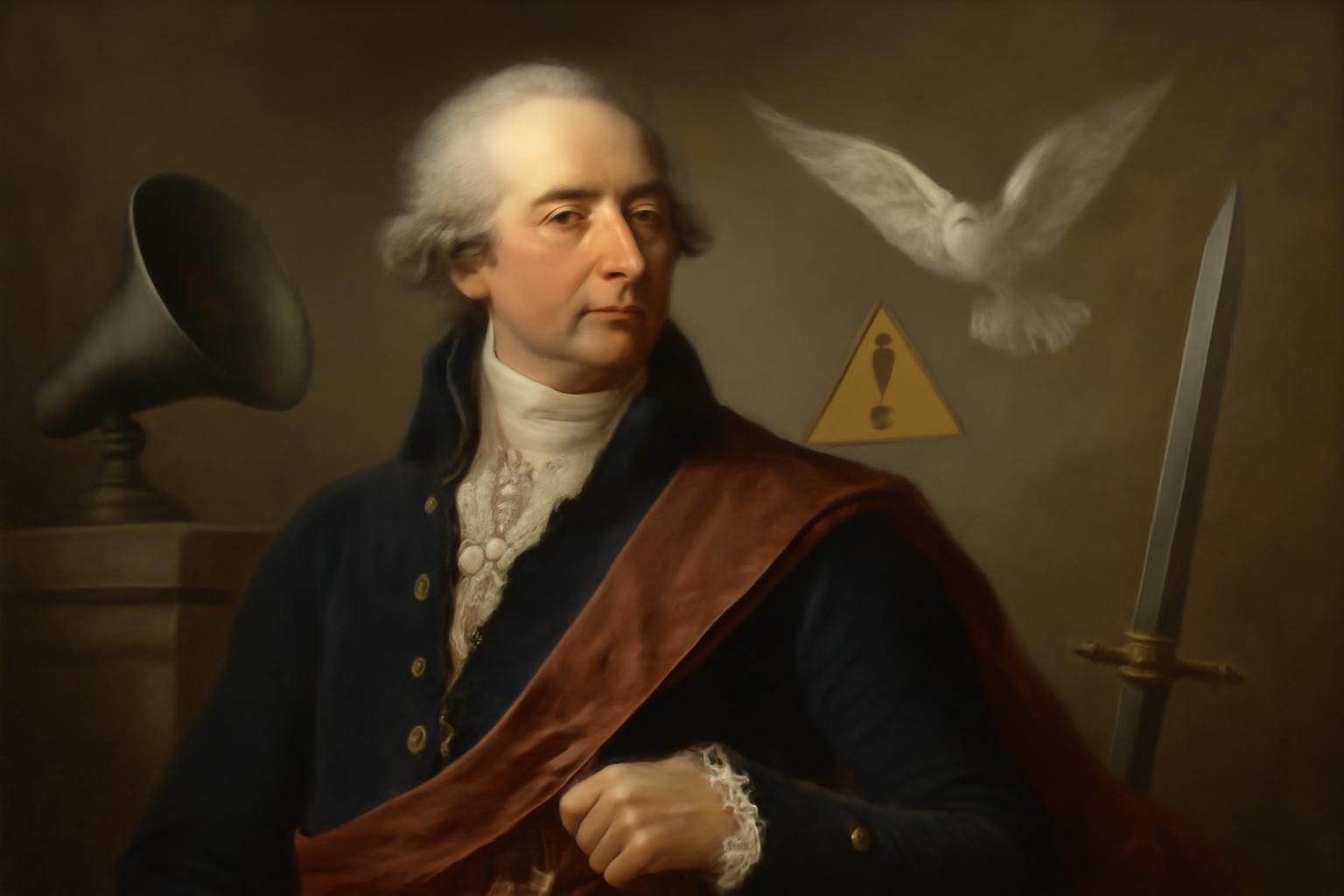North Korea has started pulling down the border loudspeakers, as reported by the South, but Seoul admits there’s no definitive confirmation that every device has vanished and Pyongyang has remained silent on the matter. This comes on the heels of a similar move from the South earlier in the week, a reminder that the border remains a stage for propaganda and, occasionally, music in a long-running, rather tedious Cold War relic. The milieu around this is a constant oscillation: memories of past flare-ups, shifting internal politics, and the ever-present threat that the 1953 armistice left us technically at war. The history is a parade of provocations and pauses—Yoon Suk Yeol restarted the broadcasts last June after North Korean trash balloons, Pyongyang answered with noise rather than song, and now the new administration in Seoul speaks of détente while at least some transmissions have already ceased. Yet the volumes and verifications remain fragile, and the two Koreas seem to inhabit a perpetual limbo, not quite at peace, not quite at war, merely managing a shared border with far more pomp than prudence. The specter of August 18—the US and South Korea’s large annual drills—adds a chorus of warning signs, with Pyongyang denouncing such exercises as invasion rehearsals and using that pretext to incrementally advance its arsenal. A melodrama with real consequences, to be sure, and not a moment too soon to remind us that history does not reward sentimentality.
Oh, the delicious irony of it all: a pair of nations clinging to loudspeakers and banners as if sound could substitute for strategy, and as if a chorus could drown out the facts of power. dismantling the set is hardly the same as delivering a plot twist toward peace. If anything, it signals how hollow the theater remains when the audience has grown weary of the script. The South’s pledge to improve ties reads like a well-turned compliment to vanity—polite, ambitious, and almost certainly insufficient to weather the next gust of miscalculation. And North Korea’s patience—if one can call it that—appears to be measured not in strategic clarity but in the tempo of their own tests and the cadence of their rhetoric, a tempo that any sane observer would fear could escalate with a single misplaced step. The prospect of an early easing in tension is nice to imagine, but the calendar does not yield to sentiment; it yields to the stubborn arithmetic of arms, surveillance, and the perpetual dance of assurances that evaporate the moment a drill drums too loud.
If one insists on calling this diplomacy, one needs a stronger vocabulary. What we see is a lull in a storm that never fully leaves the room, and a reminder that grand declarations about peace are worth exactly what ink they are written with when the next confrontation comes knocking. The only sure takeaway: until substance replaces spectacle, quiet is likely to be a temporary, inconveniently fragile thing, and August’s drills may well prove to be the true crescendo of a performance that never learned to end gracefully.
